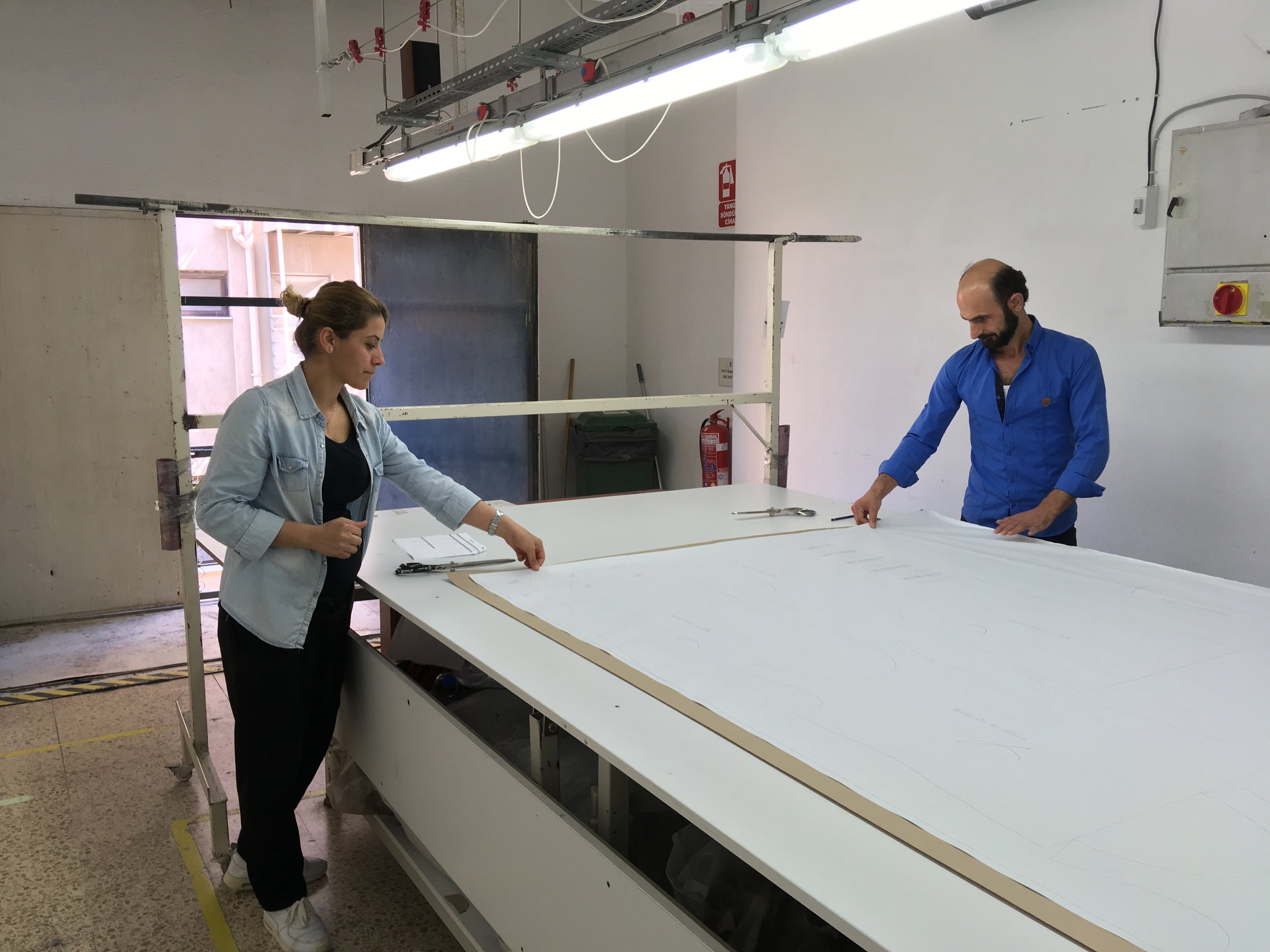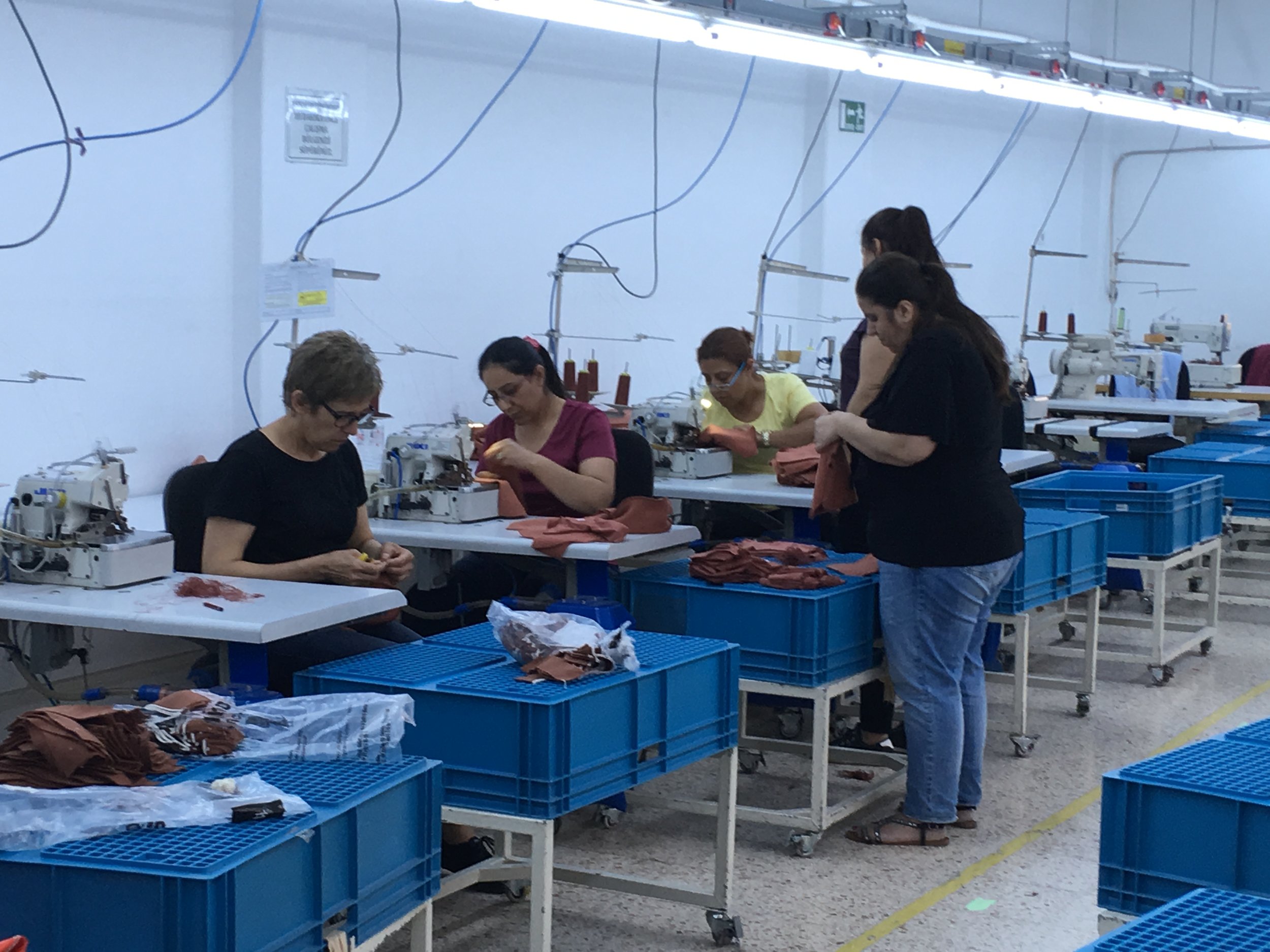Turkey: making organic mainstream
Turkey has a rich tradition in textiles and a well-earned reputation for quality. This reputation rests, partly, on one of the country’s main natural resources: cotton. Turkey is one of the largest producers of cotton in the world, and the second largest producer of organic cotton. A lot of its cotton is long-staple (meaning that the length of the fibre is long), which makes it very valuable for textiles, as longer fibre lengths tend to lead to softer, smoother fabric.
I visited Turkey in May of this year to attend the Textile Exchange’s conference on organic cotton. The conference included panel discussions and visits to organic cotton farms, and gave me valuable insight into the organic cotton sector in Turkey. One of the things I learned was that the Turkish government is taking organic agriculture very seriously and is investing in it as part of a sustainable development initiative. In keeping with its promotion of sustainable agriculture, it has banned the sale of GMO seeds throughout the country, which means that Turkish farmers do not suffer the problem faced by many Indian farmers of GMO seed blowing into their fields.
The country-wide ban on GMO has given Turkish organic cotton a reputation for authenticity. However, this doesn’t necessarily mean that it should be supported over, say, Indian organic cotton. While contamination by GMO seeds is a real problem facing organic farmers in India, their efforts to stem the tide of GMOs are worth supporting as their farms represent some of the last bastions of biodiversity in the country. Also, even if their fields are contaminated, the organic farming techniques still play a role in supporting soil health and biodiversity. Organic farms in India also tend to be more labour-intensive than those in Turkey, which means that the sector supports more livelihoods.
Organic agriculture adheres to a common set of standards worldwide, but how it is practised differs according to the region, with each one having its own set of benefits. In India, the social impact and farm-level biodiversity can be very high; in Turkey, the governmental regulation and efficiency of the sector are big pluses. At Ecosophy, we believe both Turkish and Indian farmers are worth supporting, and we have set up supply relationships with both. In Turkey, we have partnered with a GOTS-certified factory in the West of the country, which sources its cotton from an organic farming cooperative in the Aegean region - an area known to produce the highest quality cotton in Turkey. The factory is a member of the Fair Wear Foundation, which works toward fair, safe and ethical working conditions for textile workers. I visited the factory during my trip to Turkey in May and was really impressed by the working conditions. The factory was clean and airy, and the atmosphere was professional but relaxed. I left with a high level of confidence in this factory and I look forward to working with it in the future.
We are currently working with this factory to produce a range of organic cotton jersey bedding. To shop the collection, click here.





